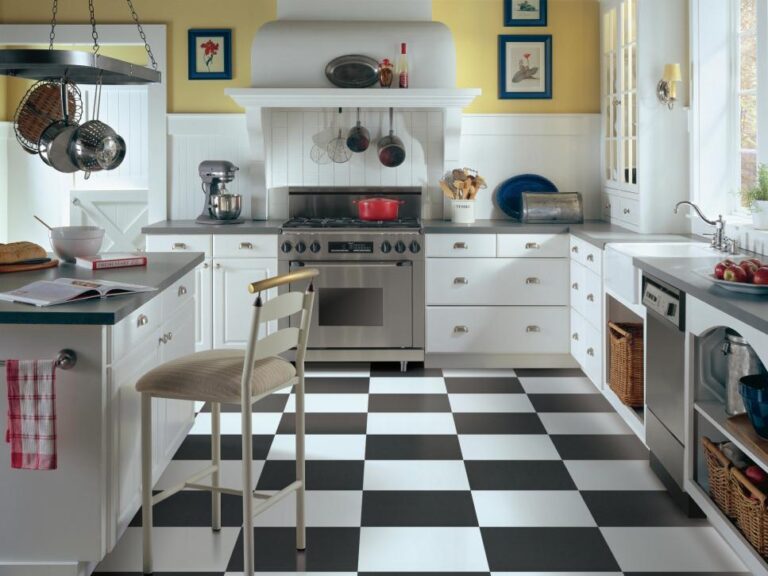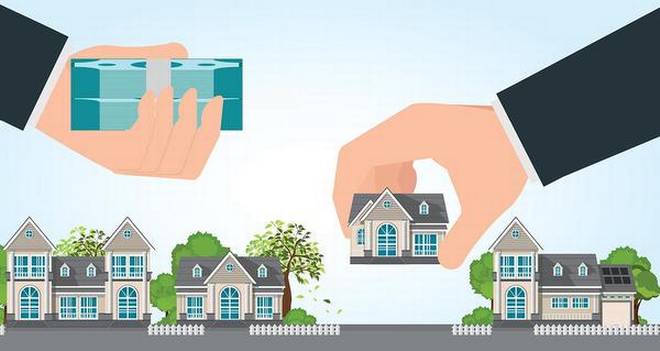
1. Solar panels: Installing solar panels is one of the most popular energy-efficient upgrades as it helps homeowners generate their own clean energy and reduce reliance on fossil fuels.
2. Energy-efficient appliances: Homeowners are replacing old, inefficient appliances such as refrigerators, washing machines, and dishwashers with energy-efficient models that use less electricity and water.
3. LED lighting: LED bulbs are highly energy-efficient, consuming up to 80% less electricity than traditional incandescent bulbs. Homeowners are switching to LED lighting throughout their homes to save energy and reduce electricity costs.
4. Smart thermostats: Smart thermostats allow homeowners to control temperature settings and customize heating and cooling schedules, optimizing energy usage and reducing utility bills.
5. Energy-efficient windows: Upgrading to energy-efficient windows with double or triple glazing, low-emissivity coatings, and insulated frames can significantly reduce heat loss or gain, improving overall energy efficiency.
6. Programmable timers and motion sensors: Homeowners are using programmable timers and motion sensors to automate lighting and electrical devices, ensuring they are only used when needed, resulting in energy savings.
7. Tankless water heaters: Tankless water heaters provide hot water directly without the need to store it, saving energy by avoiding standby heat loss associated with traditional water heaters.
8. Weatherproofing and insulation: Properly insulating walls, roofs, attics, and basements can prevent heat loss during winter and keep homes cooler during summer, reducing the need for heating and cooling, thus saving energy.
9. Heat pumps: Heat pumps use the heat in the air or ground to efficiently heat or cool homes. They are highly energy-efficient alternatives to traditional HVAC systems, reducing energy consumption and greenhouse gas emissions.
10. Water-saving fixtures: Homeowners are replacing old toilets, faucets, and showerheads with water-saving models that reduce water consumption, saving both water and energy used for water heating.



